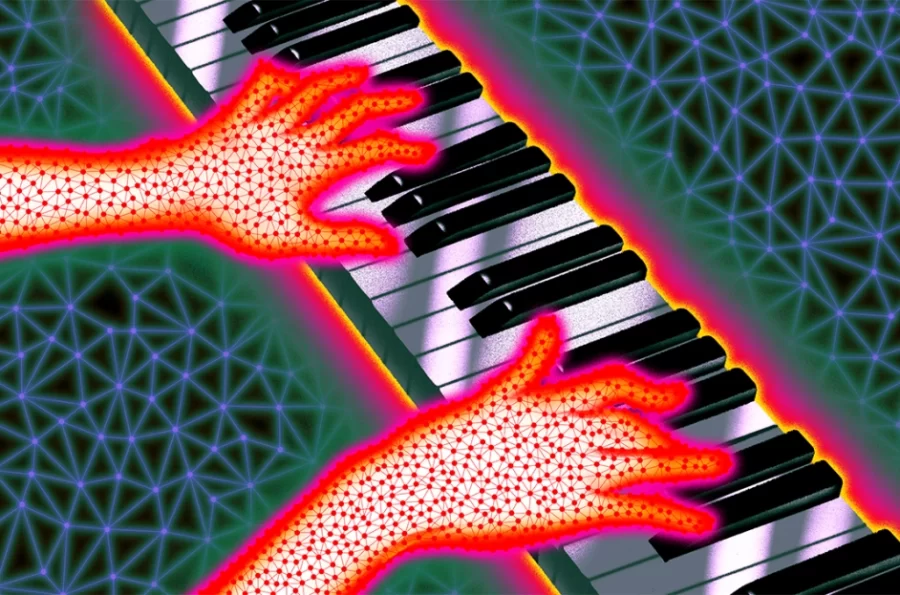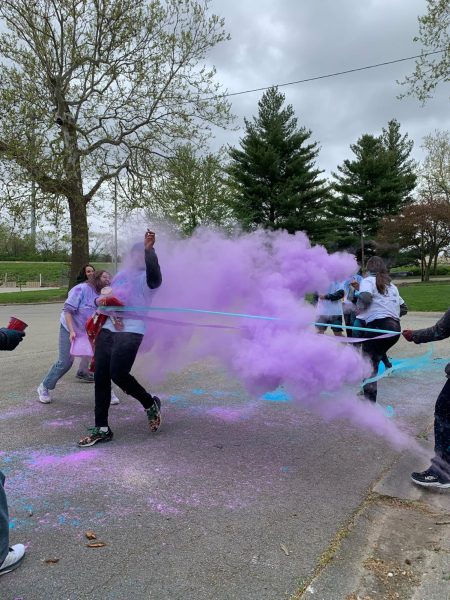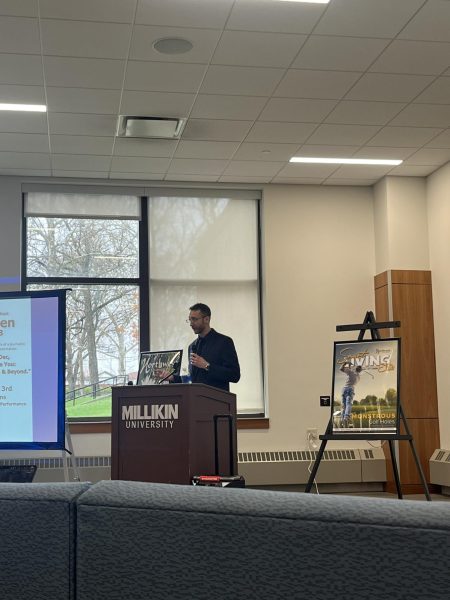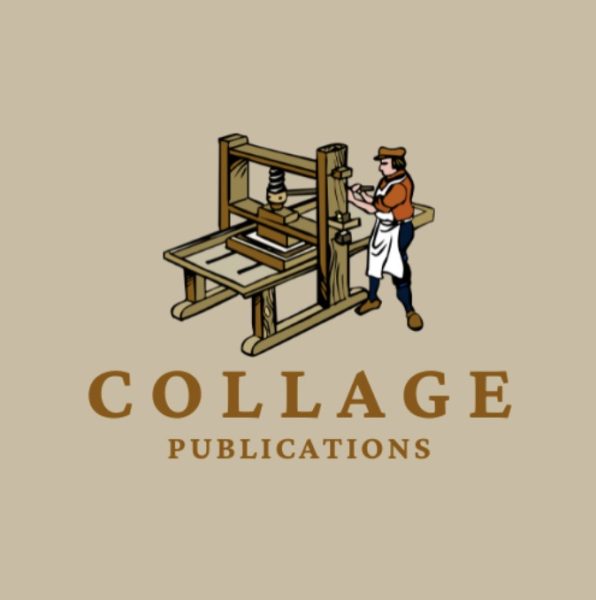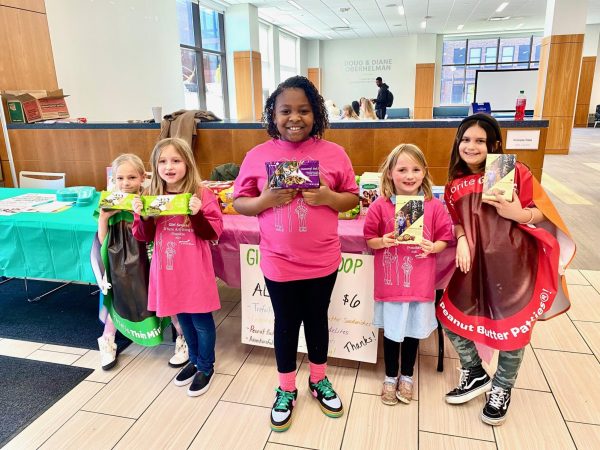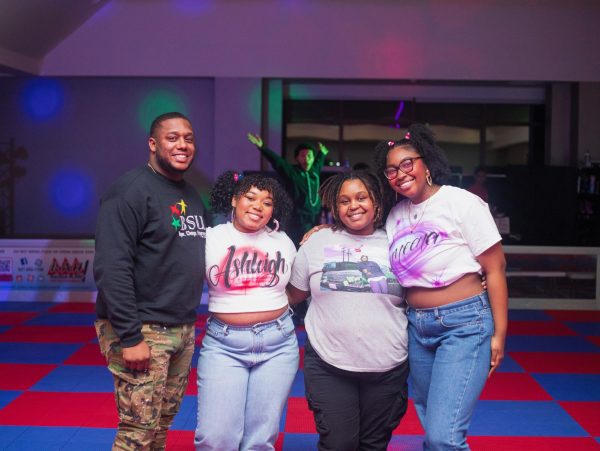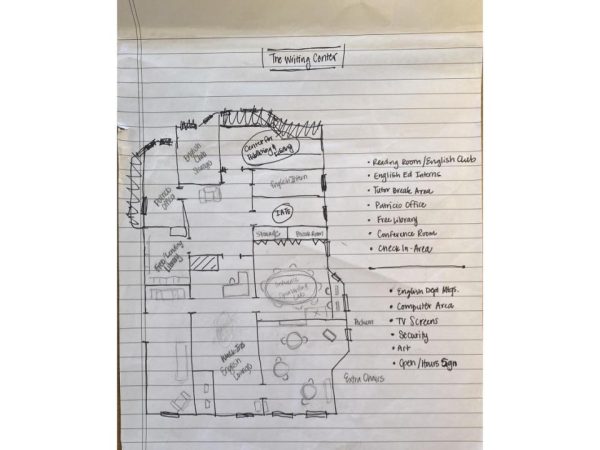Artificial Intelligence’s Evolution
The following article was written exclusively using ChatGPT, an AI software capable of writing almost anything you ask it to. I asked the bot this very question with a few extra details and this is what it came up with. Of course, I am usually against a bot doing my job for me but I thought this was a special enough circumstance that the experiment was warranted. I felt like since AI just keeps getting more relevant, so many people are expressing their opinion about it and I wouldn’t really have much to add to the overall conversation. But then I thought, maybe AI itself would? Enjoy your descent into the bot’s mind as it explains why it could be good and why it could also be bad when it comes to music, art, and culture.
“Artificial Intelligence is revolutionizing the way we create, consume, and appreciate art, media, and entertainment. From generating music and art to improving the user experience, AI is transforming the creative industries in many ways. In this article, we will explore the potential benefits and drawbacks of AI in music and other forms of art, media, and entertainment.
AI has enormous potential to enhance creativity and the user experience in art, media, and entertainment. One of the most exciting and controversial applications of AI in the creative industries is the generation of art and music. AI algorithms can analyze large datasets of art and music and create original works based on the patterns and styles of the data. AI-generated music and art have been used in movies, video games, and advertising campaigns, and some AI-generated artworks have even been sold at auctions for millions of dollars.
AI-powered recommendation engines are transforming the way we consume media and entertainment. By analyzing user data and preferences, AI algorithms can suggest personalized content and create tailored experiences for each user. For example, music streaming services like Spotify and Apple Music use AI to recommend songs and playlists based on users’ listening history and preferences.
AI can also improve the user experience in many ways. For example, chatbots powered by AI can interact with users in a conversational manner, providing them with information, recommendations, and assistance. AI-powered virtual assistants like Alexa and Siri can control home entertainment systems, making it easier for users to access and control their media and entertainment.
While AI has many potential benefits, it also raises concerns about the impact on creativity, authenticity, and privacy. One of the biggest concerns about AI-generated art and music is that it could replace human creativity and authenticity. Some argue that AI-generated art lacks the emotional depth and personal touch of human-created art. Additionally, some worry that the use of AI could lead to a homogenization of artistic styles and a lack of diversity in the creative industries.
As AI-powered recommendation engines and virtual assistants become more ubiquitous, there are growing concerns about privacy and data security. AI algorithms rely on large datasets of user information, which can be vulnerable to hacking, data breaches, and misuse. Additionally, some worry that the use of AI in media and entertainment could lead to a loss of privacy and autonomy, as algorithms increasingly control what content users see and consume.
Another concern about AI in the creative industries is the potential for bias and discrimination. AI algorithms are only as unbiased as the data they are trained on, and there is a risk that AI could perpetuate existing biases and stereotypes in media and entertainment. For example, AI-powered recommendation engines could recommend content based on users’ race, gender, or socioeconomic status, reinforcing existing inequalities and biases.
AI has enormous potential to transform the creative industries in many positive ways, from enhancing creativity and improving the user experience to creating personalized content and generating new art forms. However, there are also significant concerns about the impact of AI on creativity, authenticity, privacy, and bias. As AI continues to evolve and become more integrated into the creative industries, it is important to carefully consider these potential benefits and drawbacks and work towards creating an AI-powered future that is both innovative and ethical.” ChatGTP said.
As education moves forward, artificial intelligence’s capability to write papers such as the one above has educators concerned. Anti-AI software has already rolled out to platforms such as TurnItIn. Professors across Millikin added to their syllabi detailing the consequences of using software such as ChatGTP to do your assignments.

Eli Bland is a Multimedia Communications major with a minor in English. Eli has had a passion for music and the arts since a young age and writing has...

